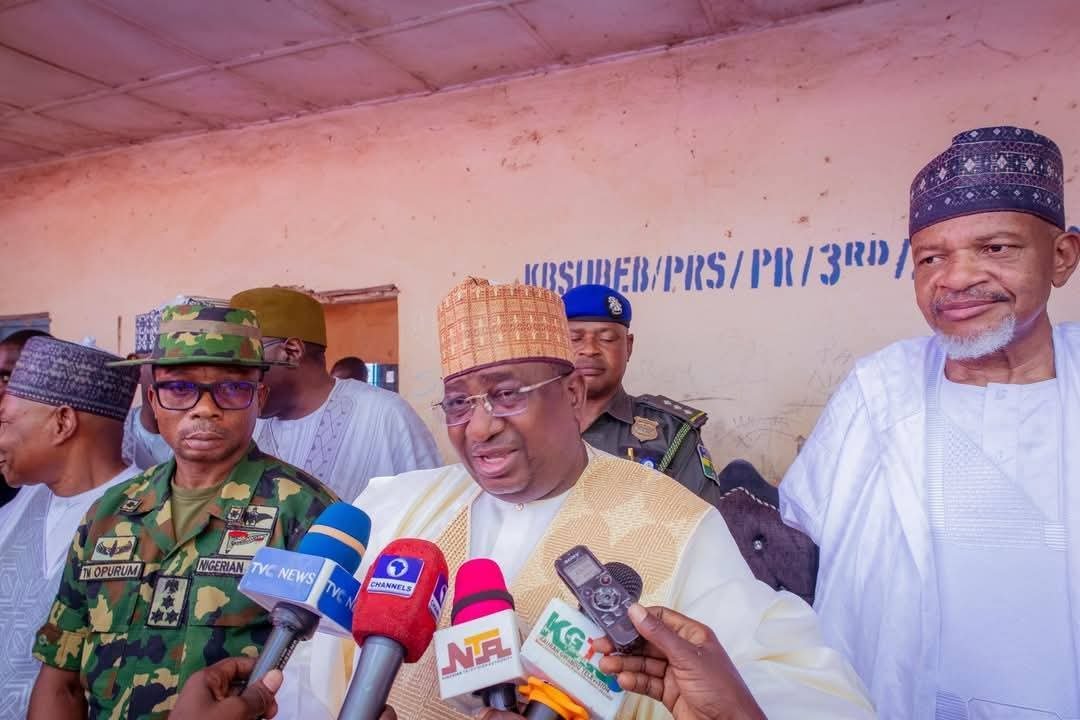The Global Initiative Against Transnational Organised Crime (GI-TOC) has identified Jibiya, Katsina State, as one of the 193 major hubs across the world with flourishing illegal markets for drugs, arms ammunition and other prohibited items.
Jibiya which is one of the terrorists’ enclaves in Katsina, shares borders with the Republic of Niger as well as with the notorious Rugu forest which equally transverses Sokoto, Zamfara, Kaduna and Niger states in Nigeria and the Republic of Niger and reportedly stretches to as far as Burkina Faso.
With headquarters in Geneva, Switzerland, the GI-TOC says it coordinates its global programming activities through regional observatories, in East and Southern Africa, North Africa and the Sahel and West Africa.
Speaking at a dialogue with stakeholders in Katsina, the Nigeria Research Coordinator for the GI-TOC West Africa Observatory, Kingsley Madueke, explained that the programme was designed to serve as a significant catalyst in responding to the destabilizing impacts of crime, conflicts and violence in Jibiya.
He said that the group works where organized crime is prevalent and shares the objective of developing innovative strategies and responses to illicit markets.
According to him, “The Global Initiative has conducted in-depth research on critical issues for global security and peace.
“We launched the first Global Organized Crime Index in 2020, measuring levels of organized crime and resilience across 193 countries.
“We currently have observatories analysing and enhancing community resilience across Africa as well as Central America, Western Balkans and the Asia-Pacific region.
“Our research programmes have examined challenges such as extortion, assassinations, urban armed violence, criminal governance, environmental crime, how armed groups use illicit economies, and how crime resources conflict, among many others.
“The GI-TOC has been actively engaged in researching and proposing policy responses to illicit markets and their intersection with conflicts and violence in West Africa since 2013.
“The Jibiya Resilience Dialogue is one in a series of dialogues across different illicit hubs across West Africa.
“This dialogue seeks to provide a platform for community representatives, civil society actors, regional representatives and government authorities to share experiences, concerns, ideas, and best practices on how to build more resilient communities and institutions.
“Enhance community cohesion, and increase trust between state actors and communities, against the destabilising impacts of illicit economies.”
Also speaking at the programme, Special Adviser to the Katsina State Governor on Farming and Grazing, Yusuf Suleiman, said that the GI-TOC intervention was timely and looked forward to the implementation of the outcome.





